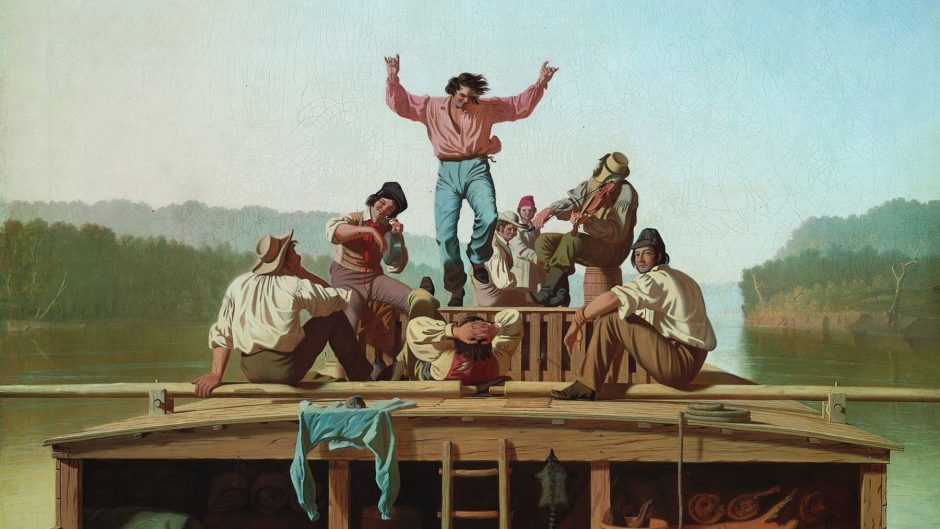This talk is concerned with how the river paintings of the important painter of the American West, George Caleb Bingham (1811–1879), face us and how this fact implies an ethics of looking. I argue that the facingness of Bingham’s paintings is a way of affirming both their own aesthetic status and their relevance to prevailing political narratives of the time. Drawing on some recent and period writings about the face, I suggest that these paintings’ encounter with the spectator offers an ethics of dialogue and proposes the agency of the work of art itself as a legitimate voice in national debate.
